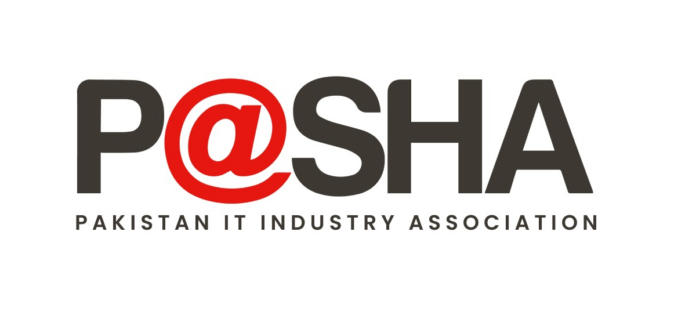ISLAMABAD: The information technology (IT) sector has issued a stern warning to the government, right before the announcement of the budget. The industry said that leading companies may shift operations abroad if conducive policies and reforms in the tax regime are not introduced as soon as possible.
Addressing a press conference on Tuesday, Sajjad Syed, Chairman of the Pakistan Software Houses Association (P@SHA), said that it is the private sector that brings investment into the country, not the public sector. He emphasised that the government’s role should be that of a facilitator, helping the sector thrive through branding, infrastructure development, skill enhancement, and above all, a consistent and supportive fiscal policy.
“The government does not bring investment into public sector industries. It is the private sector that attracts investment, and for that, the government must play its role in enabling a favourable business environment,” Mr. Syed said.
He criticised the country’s tax structure, calling it one of the highest in the region. Corporate income tax in Pakistan stands at 29 percent, while it is just 9 percent in the UAE and 25 percent in Vietnam a country that records annual IT exports of $141 billion. He also pointed out that input costs and other taxes in Pakistan remain significantly high, discouraging growth and international competitiveness.
Despite these challenges, Mr. Syed noted that the IT sector has remained resilient. It contributed $3.2 billion in exports in the 2023–24 fiscal year and is projected to close the current year at nearly $4 billion. He said that with the right support, Pakistan’s IT exports could reach $15 billion by 2030. However, he stressed that achieving such targets requires policy consistency, a long-term taxation roadmap, and operational facilitation from the government to build investor confidence.
Among the issues highlighted by P@SHA is the need to address the disparity in tax treatment between employees of local IT companies and remote workers employed by international firms. P@SHA has urged the government to formally define ‘remote workers’ in the Income Tax Ordinance, 2001, noting that the current absence of a definition has created a loophole that hurts domestic IT firms. Employees of local companies earning over Rs2.5 million annually face an income tax of up to 30 percent, while independent remote workers employed by foreign companies often pay significantly less, sometimes, none at all.
“This allows international companies to hire Pakistani talent at higher wages while still saving on taxes, putting local companies at a disadvantage,” Mr. Syed said.
He warned that if the government changes the tax regime again in the upcoming budget, companies will be forced to either pass the increased costs onto their clients risking business or relocate to more favorable markets like the UAE, Vietnam, or the Philippines. He cited the recent Digital Foreign Direct Investment (DFDI) event where more than $700 million in investment commitments were made, $600 million of which were facilitated by P@SHA. Such progress, he warned, could be undermined by inconsistent policies.
Mr. Syed concluded by highlighting the importance of policy stability, noting that Pakistan’s IT sector employs over 600,000 skilled professionals. He said the government must decide whether to position the country as a digital powerhouse by embracing new technologies like Artificial Intelligence (AI), or continue to lose high-end talent to other nations offering better opportunities.
P@SHA has reiterated its demand for predictable and supportive policies, warning that without serious reforms, Pakistan risks stagnating in a sector that could otherwise drive the future of its economy.




